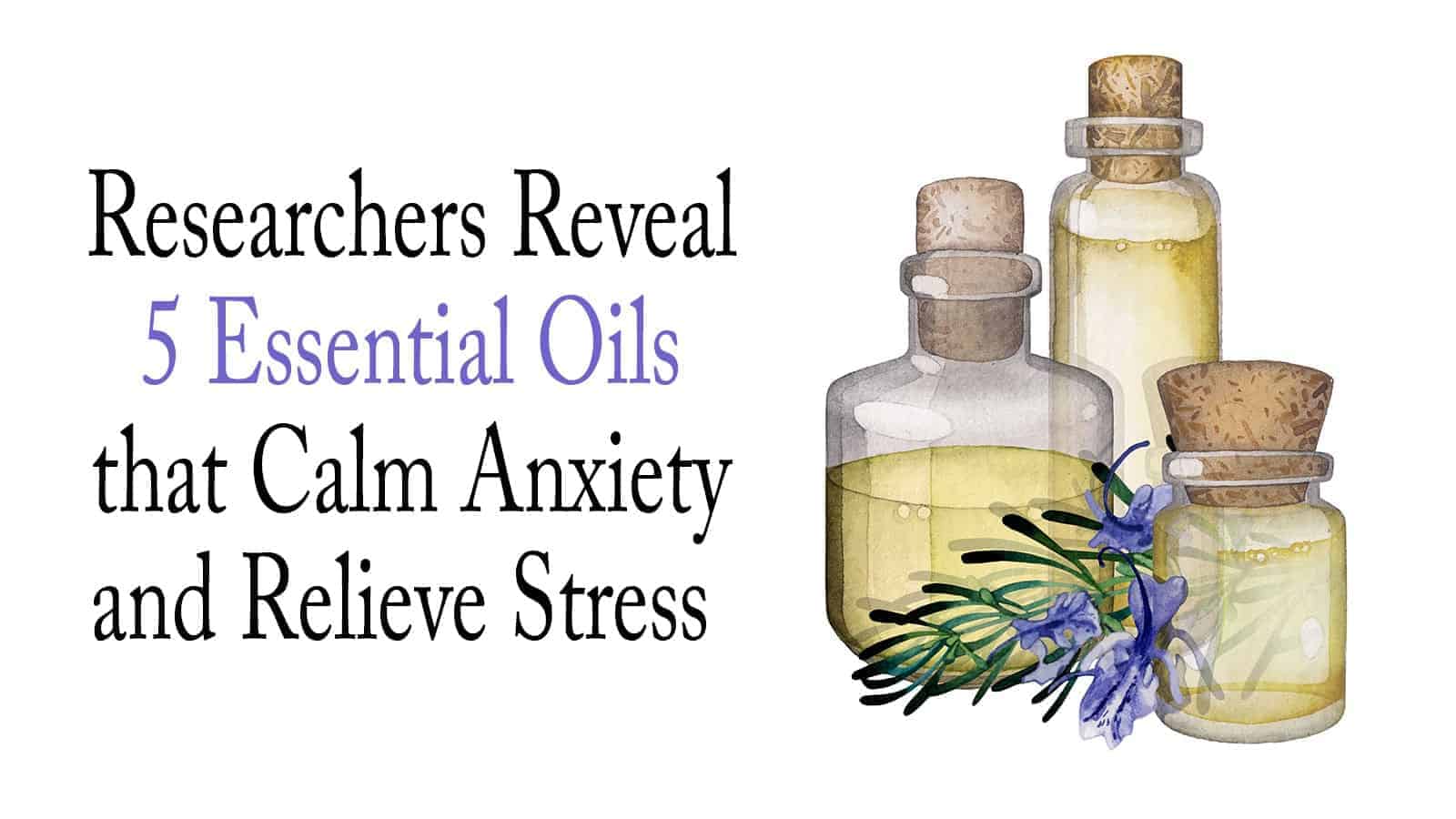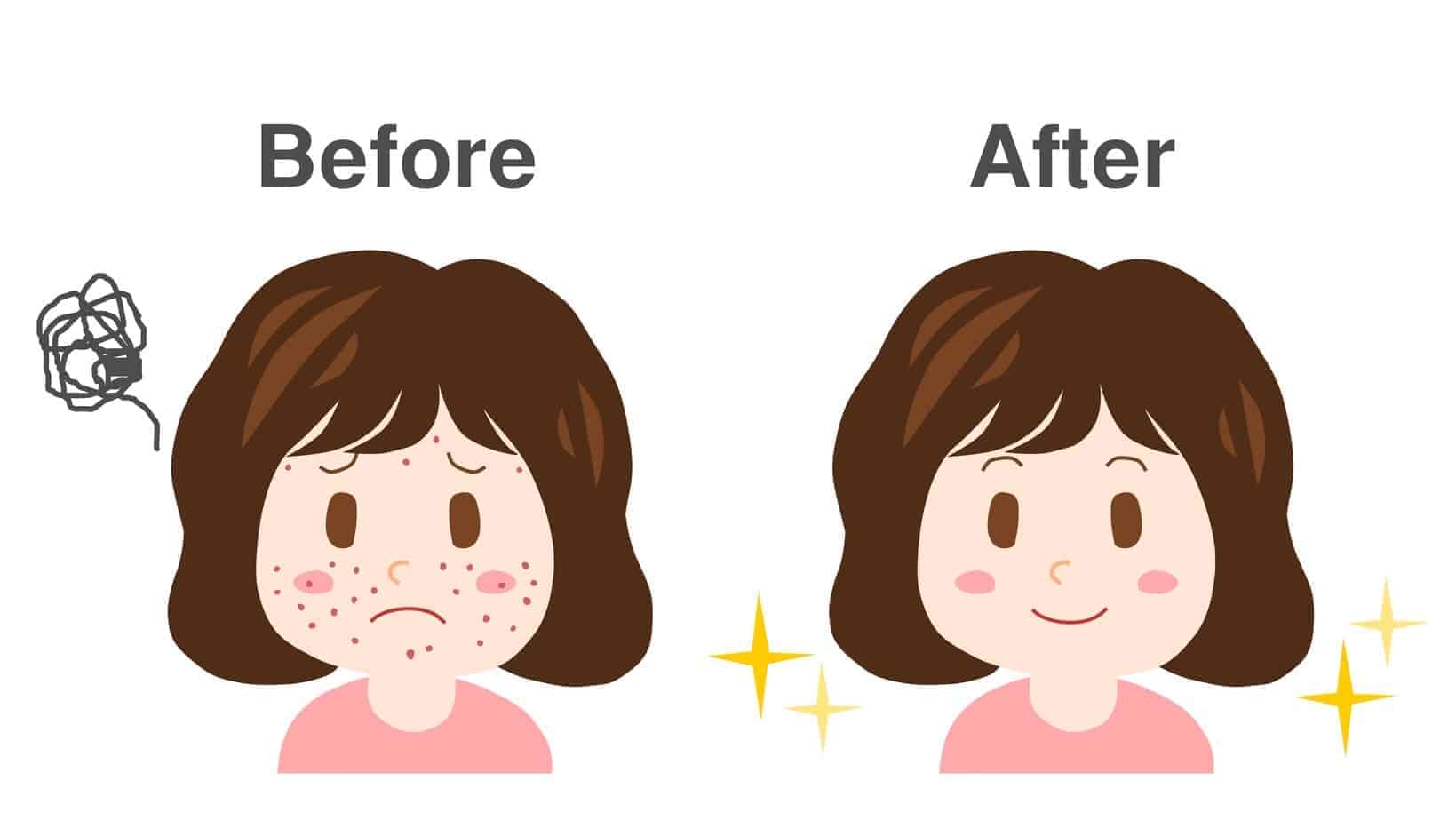A high-protein diet doesn’t just involve eating protein. You may also eat complex carbohydrates, depending upon the type of diet you’d like to try. However, eating a high-protein diet typically means that you will not be consuming rice, bread, pasta and sugar. It can take some getting used to, but that’s true with anything.
High-protein diets can take many forms, but the benefits and results you’ll experience from these different types of diets are similar. The results you’ve heard about are true. There is a method to the madness. If you’ve struggled with losing weight and you’re not one to overeat, a high-protein diet can provide you numerous benefits. However, just about anyone can benefit from eating a high amount of protein in their diet. Let’s explore what you should know about high-protein diets.
Not Everyone Should Do a High-Protein Diet
A high-protein diet can be wonderful for people who are sensitive to gluten or carbohydrates. Many people who are prone to regular seizures experience a reduction in seizures when they eat a high-protein diet. However, it’s dangerous for a person with diabetes to experience ketosis. This is why it’s important to discuss your health and dieting with a doctor before you proceed.
Not All Diets Are the Same
You might have a friend or neighbor who can cut down on the amount of food they eat and experience weight loss as a result. That’s good for them, but everyone is different. If you have struggled with weight loss, there are a variety of factors that can cause this. You just need to know what works for you and what doesn’t. If you don’t lose much weight and you’re not eating much, you might need to do some weightlifting to increase your muscle mass. One pound of muscle burns 50 calories while at rest. Don’t think you’re a failure if you eat like a rabbit and still gain weight. It could be that you need more muscle, which isn’t hard to build on a high-protein diet.
Induction Flu
Any time you change your eating habits, your body has to readjust. Going through the “induction flu” is hard to do, but you can manage it. As your body switches from using carbohydrates for energy, you’ll naturally feel tired as a result. You might feel like you ran a marathon. You will more than likely experience brain fog and a terrible headache. Some people experience these symptoms while others don’t. You can take ibuprofen and other medication for your headaches. The fatigue will wear off, but you can catch a nap during the first few days. This might help you to not feel as tired, but your body will still feel worn out. The good side to this is that it’ll last for a few days. Then, you’ll start to feel amazing.
Protein Benefits
Apart from weight loss, you will experience a number of benefits. Before a high-protein diet, you might experience hypoglycemic symptoms with headaches, shakiness, fatigue and brain fog. Protein benefits your body by helping to correct these issues. When you do a high-protein diet, your body no longer experiences these symptoms. In fact, you will more than likely feel amazing, think more clearly and have an abundant amount of energy when you’re on a high-protein diet. Protein benefits your body by helping to increase lean muscle, which means you’ll see a dramatic increase in muscles if you weightlift at the same time. You’ll likely experience an increased metabolism rate too, which means you will burn more calories naturally.
Don’t Focus on Prohibiting Fat or Calories, at First
Your body will switch from using carbohydrate to using fat when you eat less carbohydrates and more protein. The more protein and fat you consume the faster your body will go into ketosis. If you have passed a week or more without losing weight during your induction phase, you may need to eat more fat in your diet. However, if you’re losing a reasonable amount of weight, which would be a few pounds per week after the induction phase, you shouldn’t count calories or focus on lean meat. If you hit a plateau, this is the time that you should monitor and cut back on your fat intake, and focus more on increasing muscle mass. A certain amount of fat helps you to go into ketosis. At a later point, it can prevent you from losing weight. Since your body is using fat for fuel, you could be replacing it by eating a high amount. After your body has switched from carbohydrates to fat for energy, reducing fat intake will help you to decrease weight.
Hydration Is Important
People are supposed to drink half their body weight in ounces of water a day. Many people are dehydrated, and they don’t know it. When you eat a high-protein diet, you need to drink a greater amount of water. Your body experiences an influx in nitrogen that exits your body via urine mainly when you eat a high-protein diet. This means you need to drink additional water to stay hydrated. Some might recommend that you drink four cups of water per 50 pounds of body weight. This might be excessive for you. It is possible to have water toxicity. You’ll need to gauge what is right for you.
Weight Fluctuation
Many people lose a lot of weight when they first start a high-protein diet. The beginning of a high-protein diet is referred to as the “induction” phase. It’s not uncommon to lose up to 20 pounds in the first few weeks of dieting. From there, weight loss tends to slow down. This can happen from introducing a slow but steady increase in carbohydrates. However, your body can hit a plateau at some point too. Don’t expect to lose weight in the first few days of dieting. If you do, it is most likely water weight.
You Will Smell Differently
A side effect of ketosis is that your body will smell different than normal. You may notice that your underarm body odor is more pungent. You might also notice that your breath smells. When you go into ketosis, it’s an odd sensation, but it’s not uncomfortable. In fact, you may have the urge to run around and get more done. Ketosis is a signal that your body is burning fat and not carbohydrates for energy. You might need to shower more often, and you might be tempted to brush your teeth more frequently. The smell in your breath is coming from your lungs. When you’re in ketosis, a greater amount of acetoacetic acid in broken down into acetone and carbon dioxide, which you exhale. Using mints, gum or mouthwash can help to an extent. That said, be sure to floss more often as you’re likely to have meat stuck between your teeth.
How You Eat Changes
Mentioned before was the fact that you don’t want to focus on how many calories you eat or how much fat you’re consuming. When your body gets used to eating a high-protein diet, you will naturally feel less hungry. Protein takes a longer time to digest than carbohydrates, which is why eating less food on a regular diet doesn’t work so well with hunger. Because you stay fuller longer on a high-protein diet, you tend to eat less. This inadvertently turns into eating less calories, which works great at a later stage in the diet. This can add to your weight loss success, but remember that you can still hit a plateau.
Meal preparation can help you a lot when you’re on a high-protein diet. When you get your meat, it can be beneficial to cut it up into portion sizes and marinade it right away. Allow it to thoroughly marinade, and put it into the freezer. This will help to keep your food fresher, but it also allows you the opportunity to cook it up right away and not worry about defrosting it or waiting for it to marinade before cooking. You can also cook some meat right away to keep in your fridge, but you might get tired of eating the same thing over and over, and food can lose its flavor with prolonged fridge storage. Keep snacks on-hand to resist reaching for carbohydrates. For instance, boil eggs ahead of time. Keep beef sticks and string cheese around for easy snacking. Peanuts might have protein, but they also have a considerable amount of carbohydrates too.
You’re Going to Run into Nay-Sayers
At times, the most well-meaning people try to discourage you from eating a high-protein diet, even though you feel and look better than you ever have before. You might run into people who tell you it’s not healthy to eat so few carbohydrates and tell you horror stories they read somewhere online. Anything can be harmful if you overdo it. Too much sugar can cause your pancreas to stop producing insulin. Too much caffeine can cause anxiety. Protein diets are beneficial, but you can’t completely exclude carbohydrates from your diet. Mainly, people will tell you it’s bad for your kidneys. However, this isn’t entirely true. If you have existing conditions that are hard on your kidneys, it can be risky to go on a high-protein diet. Because of increased urination, you’re using your kidneys more for filtering. That’s all.
Some people won’t like you on any kind of diet because they’re afraid of what changes they’ll have to make. This is more common than you think. Just explain to them that you’re taking steps to improve your health, you’ve done the research, and let them know how protein benefits your body.
Research what you need to know, understand how a protein diet will impact your life, talk with your doctor, and be aware that people might try to get in your way. At the end of the day, you’re in charge of your health. If you want to do a high-protein diet, it’s nobody’s business but yours.









